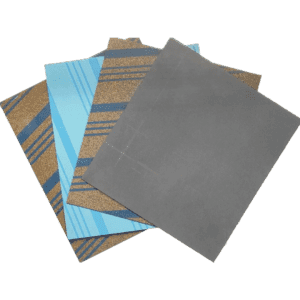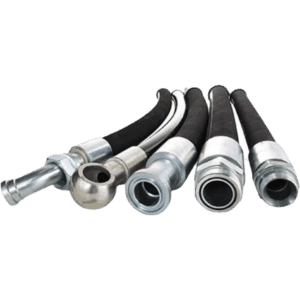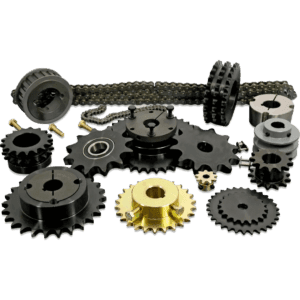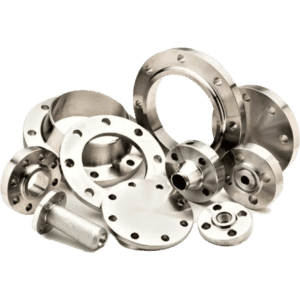Bearings are essential mechanical components used to reduce friction between moving parts, allowing smooth rotation or linear motion. They support the shaft and reduce the wear caused by metal-to-metal contact. Bearings come in various types, including ball bearings, roller bearings, and thrust bearings, each designed for specific applications. Ball bearings are commonly used for light to medium load applications, while roller bearings are designed for heavy-duty loads. Bearings are found in machines, vehicles, motors, and even household appliances. Regular maintenance is critical to prevent premature wear, with common practices including checking lubrication, cleaning, and inspecting for corrosion.
Key Features:
- Low Friction: Reduces energy consumption and wear between moving parts.
- Variety of Types: Includes ball, roller, and thrust bearings for different applications.
- Durable: Designed to withstand high loads and harsh environments.
- Versatile: Used across a wide range of industries including automotive, manufacturing, and aerospace.
Types and Standards:
- Ball Bearings: For light to medium-duty applications.
- Roller Bearings: For heavy-duty, high-load applications.
- Thrust Bearings: Designed for handling axial loads.
- **ISO 9001: Global standard for quality assurance in manufacturing bearings.
Brands Available:
SKF, NSK, Timken, FAG, NTN.
General Maintenance:
Regularly lubricate bearings to prevent friction wear. Clean dust and debris from bearings, and inspect for signs of rust or damage. Monitor performance to detect unusual noise or vibrations that may indicate wear.





